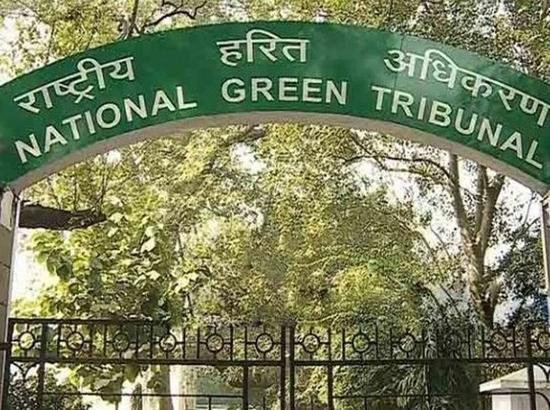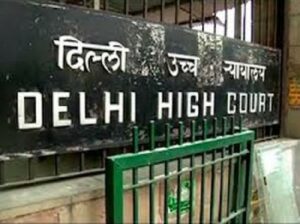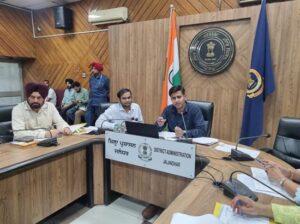New Delhi, August 5
The National Green Tribunal (NGT) has initiated suo motu proceedings following media reports of a growing environmental and public health crisis at the Dadumajra dumping ground in Chandigarh.
It stated that a news article published on July 23 revealed that leachate–polluted liquid runoff from the accumulated waste–has started contaminating nearby fields and water bodies, including the Patiala Ki Rao Choe. Heavy monsoon rains have worsened the situation, prompting serious concern among local communities.
Residents have reported an alarming surge in respiratory illnesses, skin infections, and even serious diseases like tuberculosis and cancer due to toxic waste mixing with rainwater and seeping into residential zones.
The unbearable stench from decomposing waste and chemical runoff has further degraded everyday living conditions in the surrounding areas.
The Tribunal noted several environmental laws had been violated, including the Environment (Protection) Act, 1986; Solid Waste Management Rules, 2016; Water (Prevention and Control of Pollution) Act, 1974; and Air (Prevention and Control of Pollution) Act, 1981.
The bench, led by Justice Prakash Shrivastava and supported by Dr A Senthil Vel and Dr Afroz Ahmad, attributed the unfolding crisis to ongoing mismanagement and delayed action by authorities. Originally scheduled to be cleared by May 31, the dumping site remained unaddressed.
On the deadline itself, a massive fire erupted, requiring more than 1.25 lakh litres of water to extinguish. Despite a revised cleanup target set for July, the waste still remains uncleared, heightening concerns.
In response, the Tribunal issued notices to the Municipal Corporation Chandigarh, Chandigarh Pollution Control Committee, the Deputy Commissioner of Chandigarh, and the Central Pollution Control Board (CPCB).
These entities have been instructed to file their affidavits with responses at least one week prior to the next hearing, which is slated for November 3, 2025.
The Tribunal reinforced its authority to act in environmental emergencies, citing the Supreme Court’s ruling in Municipal Corporation of Greater Mumbai vs. Ankita Sinha & Ors., which upheld the NGT’s right to intervene without formal petitions.













